Who Can God Call?
I Samuel 3, Mark 1:16-20
Every time I hear this call story about the fishermen in the Gospel of Mark, I always go down the rabbit trail of what would I do if Jesus appeared to me suddenly in some place like HEB and said, “Come and follow me.” Would I just leave my grocery cart on the bread aisle and walk away— just like that?
Or what if Jesus came up to you at the gas station while you were filling your car. Could you just leave your keys in the car and start walking off for who knows where with him. That is basically what the four fishermen did. They left everything behind —their nets, their boats, their jobs, their families and their homes in order to go with Jesus. Could you or I do such?
That’s where I tend to let my mind go with the calling of the disciples…and even with the call of Samuel. When I, as a child, couldn’t sleep at night, I used to cover my head and stop up my ears so God couldn’t call me like Samuel in the dark… “Laurey, Laurey.” I could only imagine what my parents would say if I woke them up to tell them God was calling me. It was shocking enough to them when I told them I thought I was being called to seminary. It wasn’t that I was the first woman from my presbytery to go into ministry. It was because I was the little Laurey Hartwell whom they had seen born and raised and had played with mudpies just like any other child.
Sometimes I think we make too much of the choices we have—–like what we believe, what we will do with our life, whom is called to do what. Don’t get me wrong, they are all very important choices. And being a disciple of Jesus Christ is not a matter of simply doing nothing. Part of our faith is that we are all called to love… to serve… to follow. We are called to make choices all along the way both as individuals and as the Church.
But sometimes I wonder if we get too caught up in our part of making choices and decisions in the faith—- that we lose sight of God’s part. It is easy to do where we live in America… “the land of opportunity and the abundance of choices”—-from what kind of bread you eat to what kind of a vocation you pursue. So many choices can be overwhelming! Plus we have it drilled in our heads with the Puritan work ethic—“God helps those who help themselves.” We tend to think that our life individually and together as the church as being all up to us…especially if the church is to grow and be alive. What I fear sometimes is that we may have lost along the way the full sense of the Almighty—of God’s part.
For instance, take both of these stories. We jump right in with our part in the call…what we would do or not do. We tend to lose sight of that sense of the power of the One who IS calling—to call people whom the world would never think to call. In I Samuel, it is a mere child who doesn’t even know the Word of God but is chosen to bring the Word of God to the priest Eli and then to all of Israel. In Mark, it is four smelly uneducated fishermen. Jesus didn’t call them in synagogue or the temple but on the beach …as they were finishing up work. No respectful rabbi comes looking for his students and chooses any Tom, Dick or Harry. Jesus doesn’t ask the four a single question before choosing them. Jesus makes the first move in the call, not the fishermen. If you look throughout scripture, that is how God calls over and over again. It is on God’s part first, not ours. We are the chosen.
Throughout the Bible, God’s part in the call is by a special sense of intuition…a feeling… nudge that leads those called to choose. Thus Abraham and Sarah leave the comforts of home to serve the God who calls them to a far away land; Moses leads the people to be free without knowing exactly who is this God called I AM; Ruth feels the divine pull of God to go with her mother-in-law Naomi; the queen Esther rises in great courage to save her people for a time such as this; the boy Samuel hears his name called over and over again in the dark. Part of the call for many is that they have this sense or nudge so strong that they can’t do anything else but respond.
One time my husband and I were working on staff together at a downtown church in Mobile. One day I pulled in the church parking lot and saw a man going from the front of the church around to the side entrance in an urgent pace. He had his backpack with him as many of the homeless downtown did. His tee shirt was cut at the shoulders showing big muscles. As I came across the street and rang the doorbell to enter the church, he came up to me with a hunting knife and said, “I came to see the minister…is he here?” About that time, my husband pulled up in the parking lot and since the man had referred to a “he’…I pointed to him and said “There he is.” The man told my husband that God had said to stop at the first church he came to after going thru the Mobile tunnel….and that church was to give him $3,000 for him to do ministry.” My husband said back to him, “Sir, that’s good but there’s just one problem…God didn’t tell me about that.”
In the church today….in the Presbyterian Church (USA), the call of God is two-fold: the first part comes from God through Jesus Christ…like that nudge, that feeling, that sense of being called. The second part is that call being confirmed and validated by the faith community. People cannot claim that God spoke to them in a dream, in the wind, or even in prayer and expect to be called to serve in the church without the church also affirming that call. In the story of Samuel, we see how God’s call to him was confirmed by the priest, Eli. Over time it was affirmed by God’s people as a trustworthy prophet of the Lord.
When it is a call for a short term commitment to a designated specific ministry, the church will “commission” that person or group. This summer, our congregation has commissioned several groups for ministry—the CUPS mission group, the two groups of youth to Mo Ranch, and then today three for the PW Bible conference.
When it is a call to an office of leadership in ministry for the church, a person is “ordained.” It is for a life time unless it is renounced or revoked by the person and/or the church. A local church ordains elders and deacons. A presbytery ordains a pastor with a local church.
For all who are ordained, there is a time of instruction and examination before ordination to the office called…much like what happened with the four fishermen who were with Jesus for three years learning and being prepared. As a congregation, we have had the privilege and gift of being a part of Mark Plunkett’s call to serve and look forward to the day he is ordained. We have seen him on this journey and been a part of the discernment in his call. It has not been easy or without struggle for him, Mark will tell you…especially at his age. Yet we see from the Bible…that age does not matter when it comes to whom God can call.
And it is not always easy for a congregation to discern who is called and who is not. Once, a man came to the Session of a church that I was serving and said that he had been called into the ordained ministry. He was seeking the session’s approval to go to seminary, which is one of the first steps of the call process in the Presbyterian Church (USA). His wife and three children came with him. Everything seemed to be in order –with his undergraduate degree and as a member of the church although only for a month. And even though he seemed to be a wonderful candidate there was just something about all of this being rushed. The session voted 12 to 1 to not endorse him at the present time for seminary. One elder left in a huff over who was the session to decide who had been called or not by God. Within a month the man and his family left the church; but in the meantime, the man’s arrest was printed in the local newspaper for domestic violence and abuse.
So over time, the Presbyterian Church has seen the wisdom of the twofold parts in discerning a call by God. But it is not easy or without a struggle for the church. In looking back to this past May, I thought how uncanny it was almost to the day that Mark Plunkett was graduating from Princeton Theological Seminary with the full support of this congregation and the passing of the vote to change the qualification for ordination in the Presbyterian Church USA which is such a “hot potato” issue for many congregations. The vote puts the responsibility for who is ordained back in the hands of the local church and presbytery. On the surface it doesn’t sound controversial. However, for the last 17 years the one qualification for ordination has been predetermined by the General Assembly through our constitution. That qualification was that you must be faithfully married to a person of the opposite sex or living in chastity in singleness to be ordained…that is to be ordained as a deacon or an elder or a pastor.
This qualification has been lived out with a double standard in many churches… I have seen it be applied primarily to pastors. But I have also seen it be applied primarily to those who are homosexual to keep them from serving. And this is nothing new…this qualification has been debated in some form or fashion in the Presbyterian Church for over 36 years…and it will continue to be debated.
What’s been interesting to me as I look back over my own life in the church…I have seen and experienced how the church has struggled with the real question of all this….Who CAN God call? Just in my own lifetime…it has been a struggle with the question…
Can God call blacks as well as whites?
Can God call women as well as men?
Can God call youth as well as older adults?
Can God call those who are divorced?
Your last two pastors would not have been called here…if the answer to these questions was “No.” And if you look at those who serve on our current session—more than half would not be called.
Who CAN God call? If I had my way with the church’s ordination standards…I would for sure have something in there about those who had ever cheated on their taxes as they could never be trusted. But then I am reminded that Jesus called Matthew the tax collector who was known for cheating not just Uncle Sam, the government, but his own people! I wouldalso have something down about those who were known liars—publically known. But then there is God calling Abraham and Isaac…who both lied about their wives being their sisters so they could save their own skin. And, I would have something about those who were known to be “promiscuous” —prostitutes, harlots, adulterers. But then I am reminded by stories and even the family tree of Jesus how God called Tamar who disguised herself to sleep with her father-in-law; and Ruth told by Naomi to sleep with Boaz; and Rahab the Harlot saving God’s people going into the Promised land; and even King David who had a husband killed at the battle front so that he could have the poor man’s wife. And I would definitely put down in my list for not calling someone to serve a sa leader who was a murderer. But then I am reminded of Moses who killed an Egyptian; and then there’s Apostle Paul who persecuted and put to death hundreds of those who followed Christ
So today I come to you not with answers but with a question that I struggle with…have struggled with …and will continue to struggle with…..
Who CAN God call?
For whenever or wherever I have thought that there was no way God could ever ….would ever call that kind of a person—–I’ve been wrong… even about myself.
How about you?


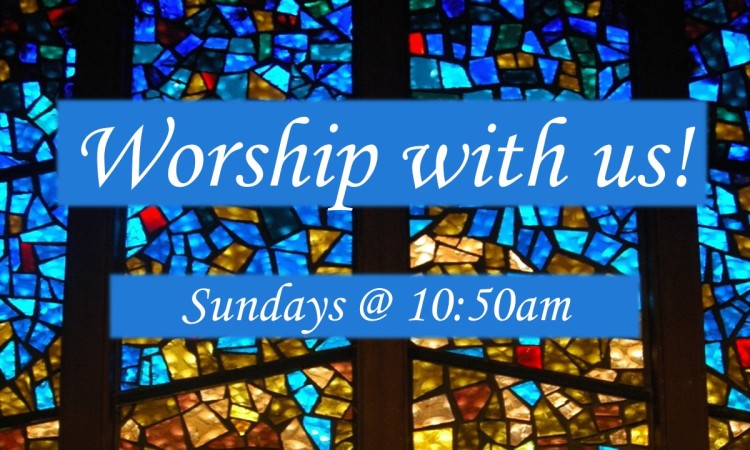
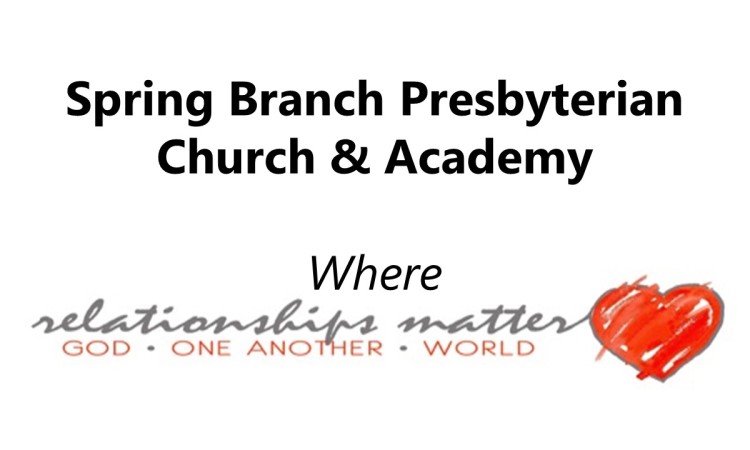











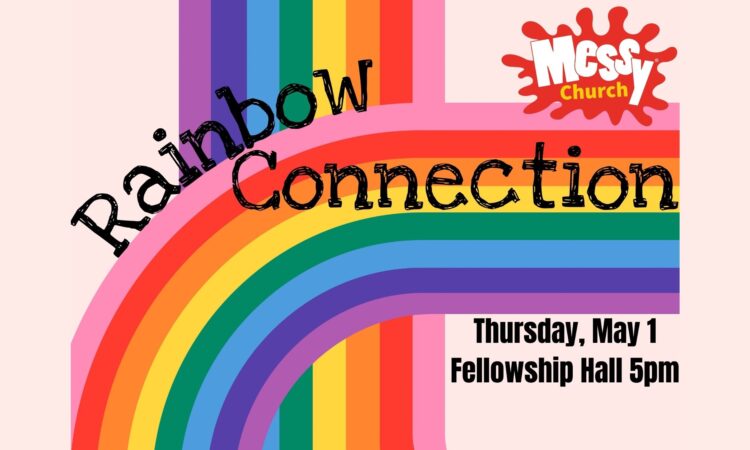
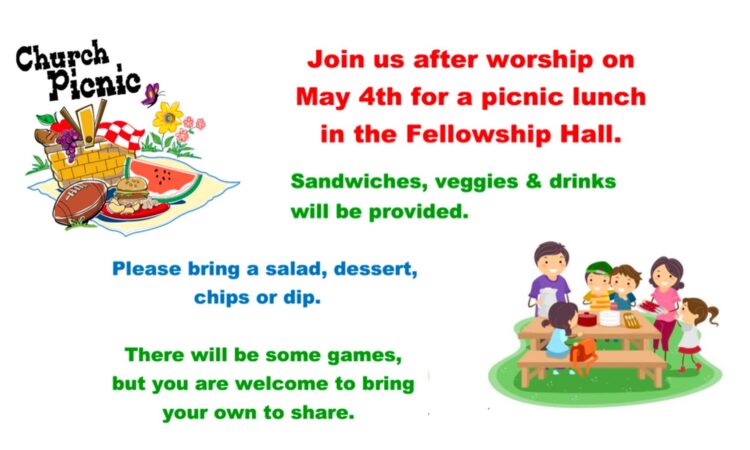


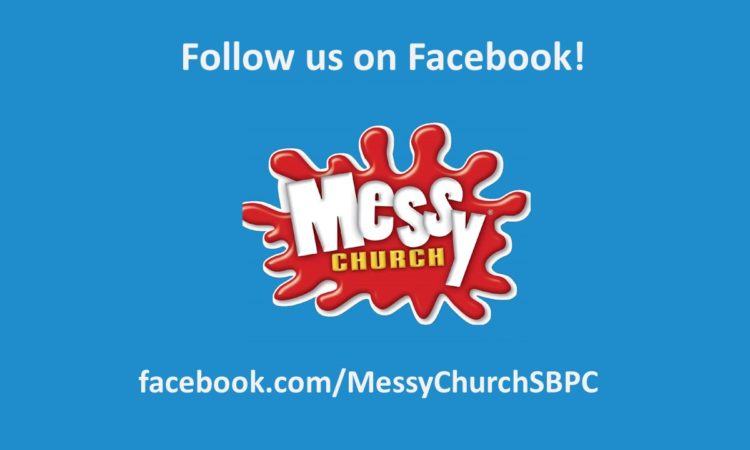




1 Comment
by Chuck Davidson
On August 5, 2011
An outstanding call for us to be open to God’s call; it is not our decision. And related to this, is the question, should we judge those who are called to serve the church? as pastors or elders or deacons? May God’s will be done!